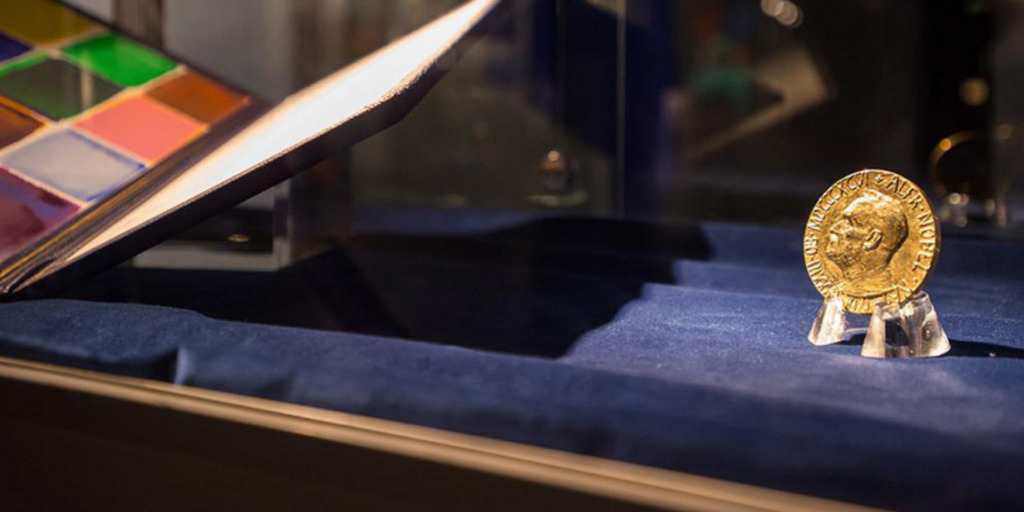Persistent and tough are how most Tunisians would probably describe Houcine Abassi, leader of the UGTT trade union – two qualities that helped keep Tunisia’s process of democratization from ending in failure. In late 2013, the country was in danger of descending into chaos politically after two opposition politicians were murdered. Four organizations decided to take action. First, Abassi began cooperating with Wided Bouchamaoui, head of the Confederation of Industry, Trade and Handicrafts. They then joined forces with the country's Human Rights League and its Order of Lawyers.
During many rounds of negotiations, the National Dialogue Quartet worked with secular and Islamist parties to achieve consensus, which resulted in a constitution that has become a model for the Arab world, and in parliamentary and presidential elections. Tunisia thus maintained its course, even if the road to becoming a stable democracy will continue to be long and difficult.
That fact was made evident by the attacks on tourists in March and June and by the bombing in November of the bus transporting the presidential guard. Tunisia faces major challenges: The process of consolidating its democracy is at odds with the need to guarantee security as the country undergoes transformation. In addition, there are not enough jobs or vocational training positions – above all for young Tunisians – and the country has become home to hundreds of thousands of people fleeing civil war in Libya and to migrants from West Africa.
How viable and sustainable is Tunisia's socio-economic and democratic development and what must Europe do to support the country as it moves forward? In "Fact Check: Tunisia", the authors argue that the government in Tunis has begun implementing the right reforms and is receiving considerable support from Europe as it does so. Yet, they maintain, the assistance could be better coordinated and Tunisia must prove that it can in fact realize all of the ambitious reforms it has planned.
With that, the 2015 Nobel Peace Prize can also be seen as an appeal to Tunisia’s civil society to continue with the difficult transformation process and to remain committed to the principles of dialogue, diversity and civic engagement.
"Fact Check: Tunisia" is based on the new "Tunisia Country Report", written for the 2016 Transformation Index BTI. The "Tunisia Country Report" is being published in advance of the 2016 BTI, which will be available in early 2016.
Please find the complete "Fact Check Tunisia" on the right side.




